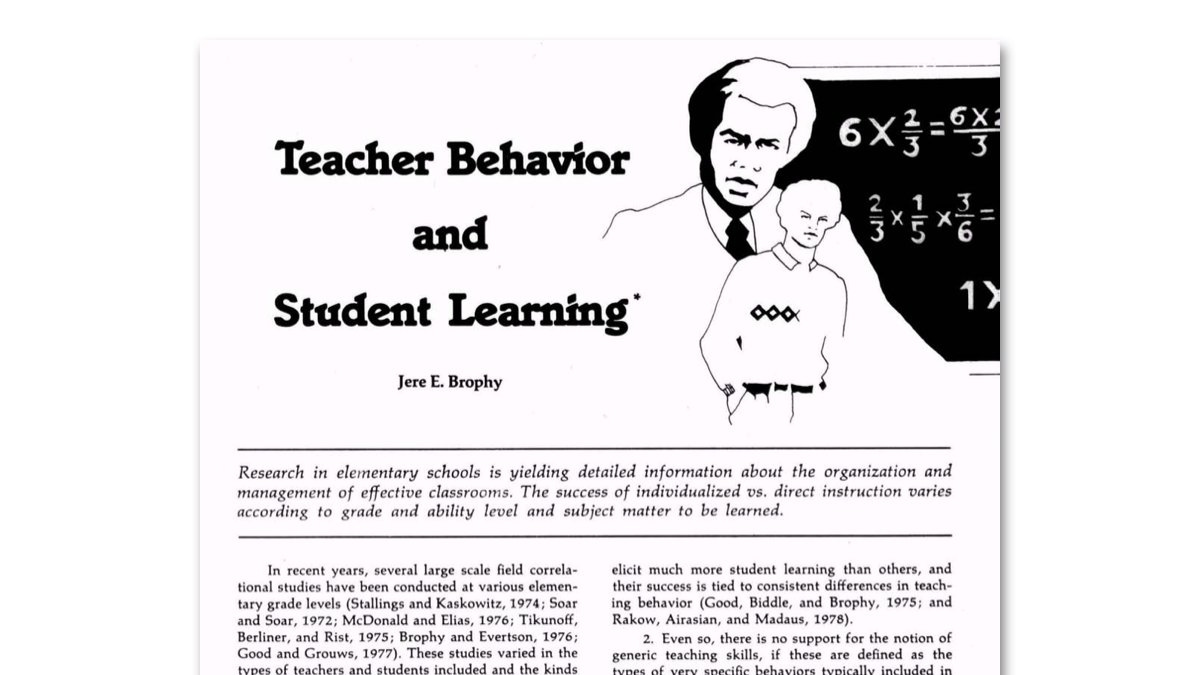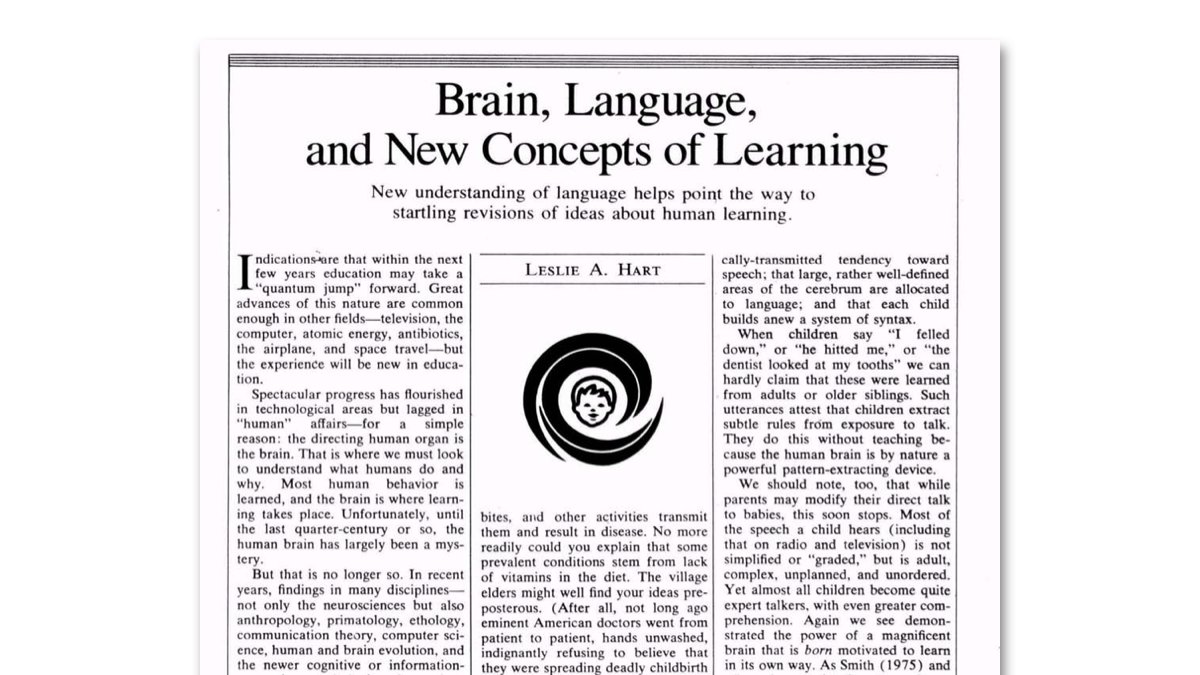WebbDarrrel's Categories
WebbDarrrel's Authors
Latest Saves
So we had to develop technologies like this to barely manage control over limited areas in Iraq's few urban centers. Only ~8 in 100 Iraqi adults owns a personal vehicle. That rate is > 1 car/adult in America yet I have never seen any doctrine paper or work of fiction address this
We've seen and struggled in civil conflicts with instant, local, universal, distributed communications (cell phone era, basically every conflict since 2000). We've seen and struggled in conflicts with instant, global, universal distributed communications (everything since 2011).
The world's most overfunded military and glow in the dark agencies struggle and largely fail to contain conflicts where fhe vast, vast majority of people are locked into a ~5mi radius of their home.
How can they possibly contain a conflict in a nation with universal car ownership and the most developed road network in the world? The average car can travel over 400 miles on one tank of gas, how can you contain the potential of that kind of mobility?
I think that's partially why the system was so freaked out by 1/6. Yes, most of it is histrionics but you don't decide to indefinitely turn your capital into the Baghdad Green Zone with fortifications and 25k troops over histrionics alone.
Hey guys, just a friendly reminder. We're watching you. pic.twitter.com/bGwi1uJBwT
— CIA Metadata Analyst with 8 kids (@CiaKids) September 23, 2019
We've seen and struggled in civil conflicts with instant, local, universal, distributed communications (cell phone era, basically every conflict since 2000). We've seen and struggled in conflicts with instant, global, universal distributed communications (everything since 2011).
The world's most overfunded military and glow in the dark agencies struggle and largely fail to contain conflicts where fhe vast, vast majority of people are locked into a ~5mi radius of their home.
How can they possibly contain a conflict in a nation with universal car ownership and the most developed road network in the world? The average car can travel over 400 miles on one tank of gas, how can you contain the potential of that kind of mobility?
I think that's partially why the system was so freaked out by 1/6. Yes, most of it is histrionics but you don't decide to indefinitely turn your capital into the Baghdad Green Zone with fortifications and 25k troops over histrionics alone.
I'm hesitating to read or listen to this for fear it oversimplifies. I worked for about a year @NYPDnews on this. We learned a LOT. Most of the $320 million I estimate was lost by New Yorkers on Cyber-enabled scams in 2019 began with voice calls to set the hook...

Looking through our empirical data, we see that scam calls dominate the world of Cyber-enabled (which doesn't include ransomware or network intrusion/takeover, but does include crime that leverages a digital channel for some aspect of the attack).

We found that NYPD officers, when empowered to combat this kind of crime with training and tools, were champing at the bit to get out there and fight it. They all know the scams are out there - many told us of family members who'd fallen victim - but they felt powerless to act...
I personally blame the Feds, who over the past two decades have worked hard to make all "Cybercrime" seem (a) mysterious and sophisticated to the extent that (b) only the Feds could combat it, through tools like the IC3 survey. That tool is actually quite ineffective.
As I said at RSA2020, for Cyber-enabled scams, IC3's survey is the place where good leads go to die. For example, in 2018 around zero point three three percent of cases reported to it were ultimately investigated by a task force. They're just snowed under. https://t.co/IxjM6t0cfm


Looking through our empirical data, we see that scam calls dominate the world of Cyber-enabled (which doesn't include ransomware or network intrusion/takeover, but does include crime that leverages a digital channel for some aspect of the attack).

We found that NYPD officers, when empowered to combat this kind of crime with training and tools, were champing at the bit to get out there and fight it. They all know the scams are out there - many told us of family members who'd fallen victim - but they felt powerless to act...
I personally blame the Feds, who over the past two decades have worked hard to make all "Cybercrime" seem (a) mysterious and sophisticated to the extent that (b) only the Feds could combat it, through tools like the IC3 survey. That tool is actually quite ineffective.
As I said at RSA2020, for Cyber-enabled scams, IC3's survey is the place where good leads go to die. For example, in 2018 around zero point three three percent of cases reported to it were ultimately investigated by a task force. They're just snowed under. https://t.co/IxjM6t0cfm

Heh, one thing the nyt piece managed was to do a Cunningham's law nerdsnipe-wmd at newspaper scale... now a bunch of people are energetically trying to post the right answer.
IMO trying to correct whatever the NYT writer thought he knew/understood is futile. "Willing to be misunderstood by the NYT" should be the default stance unless you want to waste a lot of time correcting an obsolete 2013 map for people who don't care.
The thing is, the NYT still has enough normative cultural power, even as it has fallen from newspaper-of-record, that it takes a particular sort of heretical self-confidence to sort of ignore whatever they happen to be wrong about on any given week, whether or not it concerns you
A subtle shift has occurred in the workings of the Gell-Mann amnesia effect. It used to be an individual private amnesia re: media ("I'll believe myself when I am certain they got it wrong because I'm an expert, but still believe them when I am not"). Now it's a collective effect
A sort of common-knowledge threshold has been crossed lately. "Everybody knows that everybody knows the NYT is wrong on X across largish subcultures." It's no longer mutual beliefs being validated occasionally 1:1.
One other thing I should really clarify and that the @nytimes piece got *severely* wrong: while I believe there are very strong sociological and even causal links between rationalism and NRx (especially in the Silicon Valley homes bases) their ideological and methodological
— (((E. Glen Weyl))) (@glenweyl) February 14, 2021
IMO trying to correct whatever the NYT writer thought he knew/understood is futile. "Willing to be misunderstood by the NYT" should be the default stance unless you want to waste a lot of time correcting an obsolete 2013 map for people who don't care.
The thing is, the NYT still has enough normative cultural power, even as it has fallen from newspaper-of-record, that it takes a particular sort of heretical self-confidence to sort of ignore whatever they happen to be wrong about on any given week, whether or not it concerns you
A subtle shift has occurred in the workings of the Gell-Mann amnesia effect. It used to be an individual private amnesia re: media ("I'll believe myself when I am certain they got it wrong because I'm an expert, but still believe them when I am not"). Now it's a collective effect
A sort of common-knowledge threshold has been crossed lately. "Everybody knows that everybody knows the NYT is wrong on X across largish subcultures." It's no longer mutual beliefs being validated occasionally 1:1.















